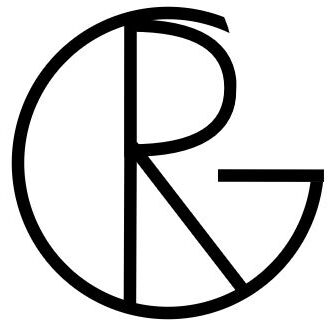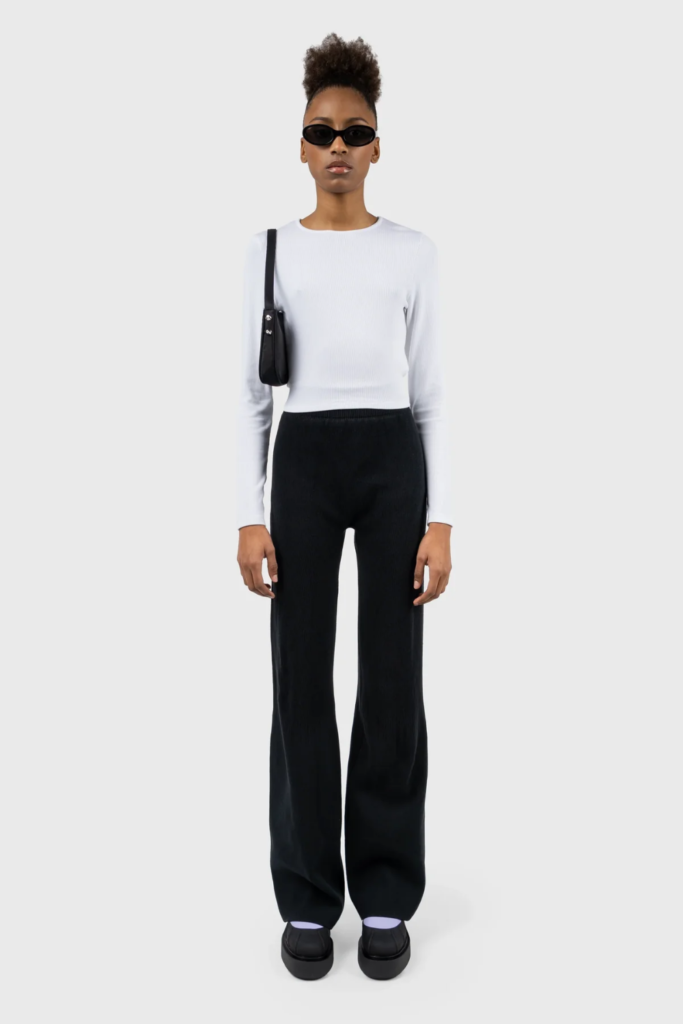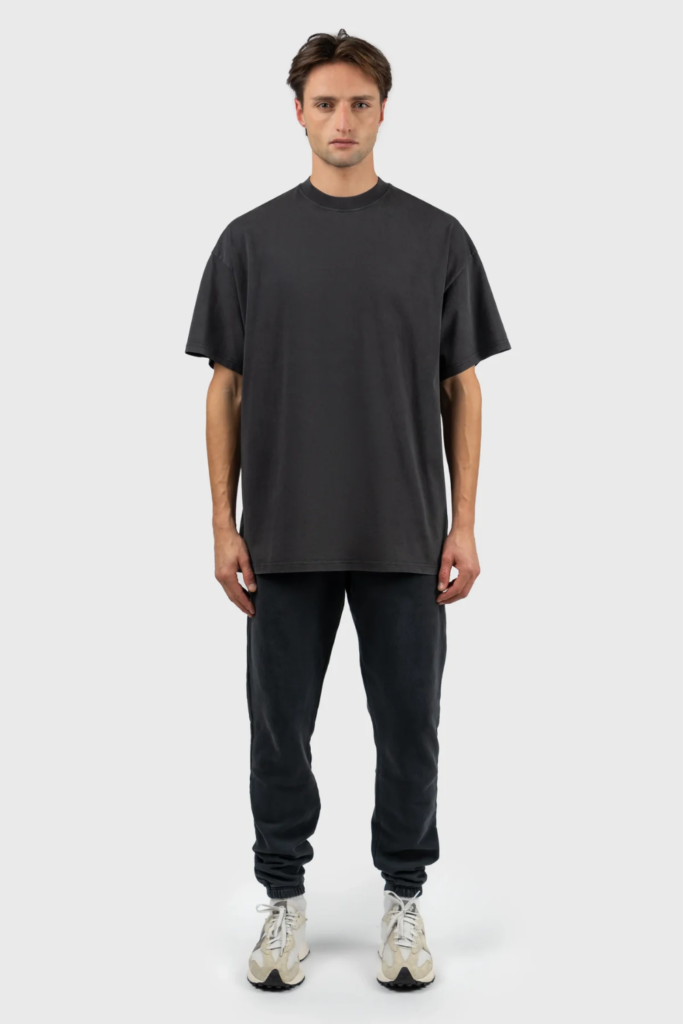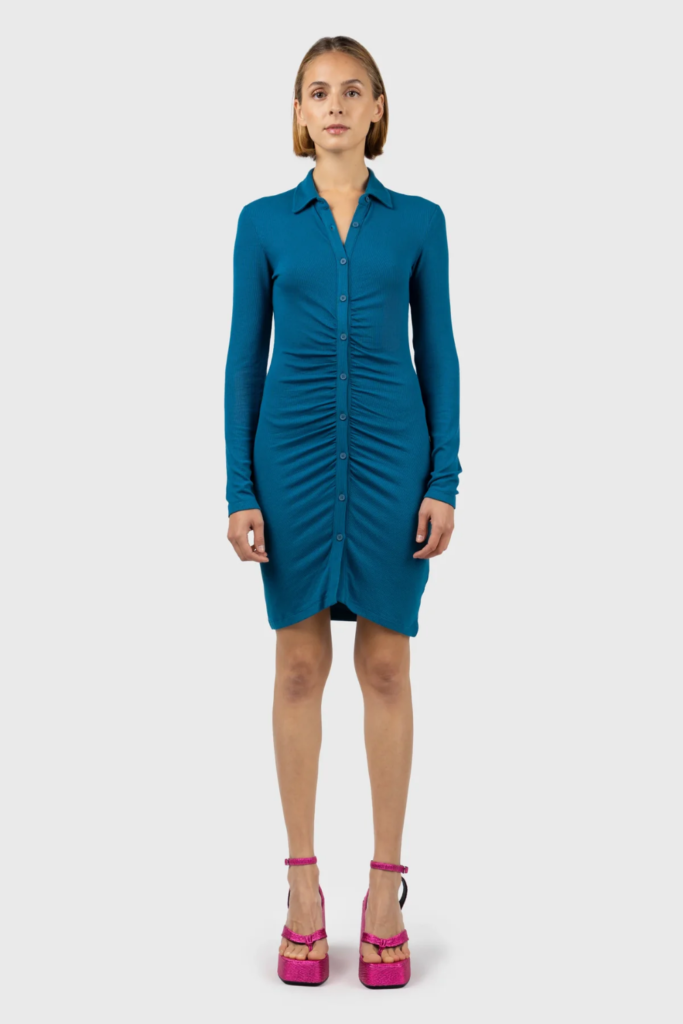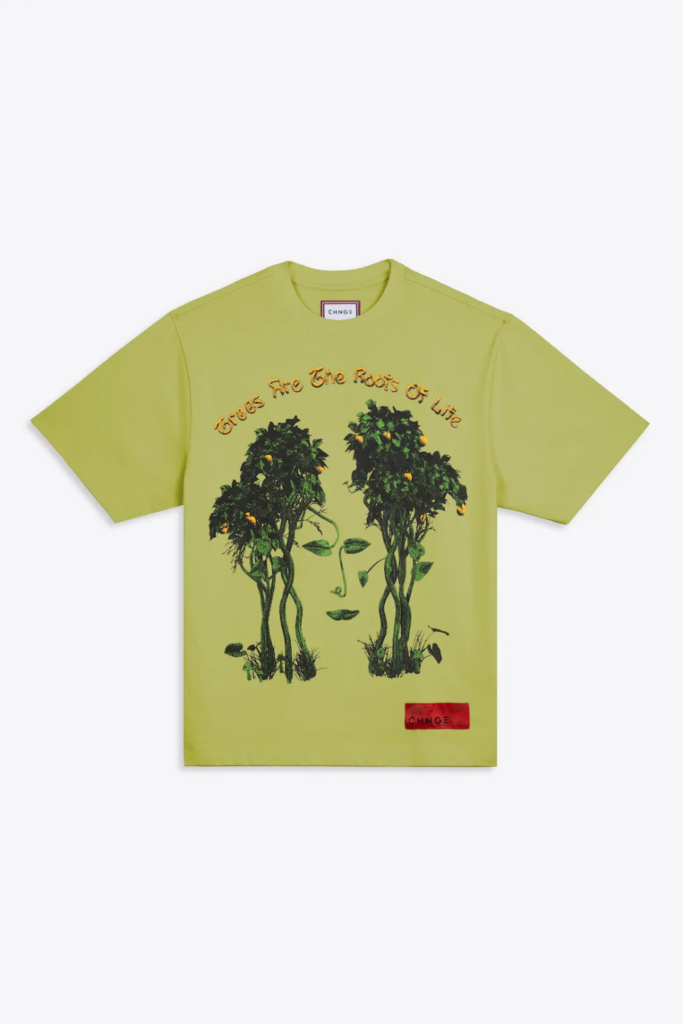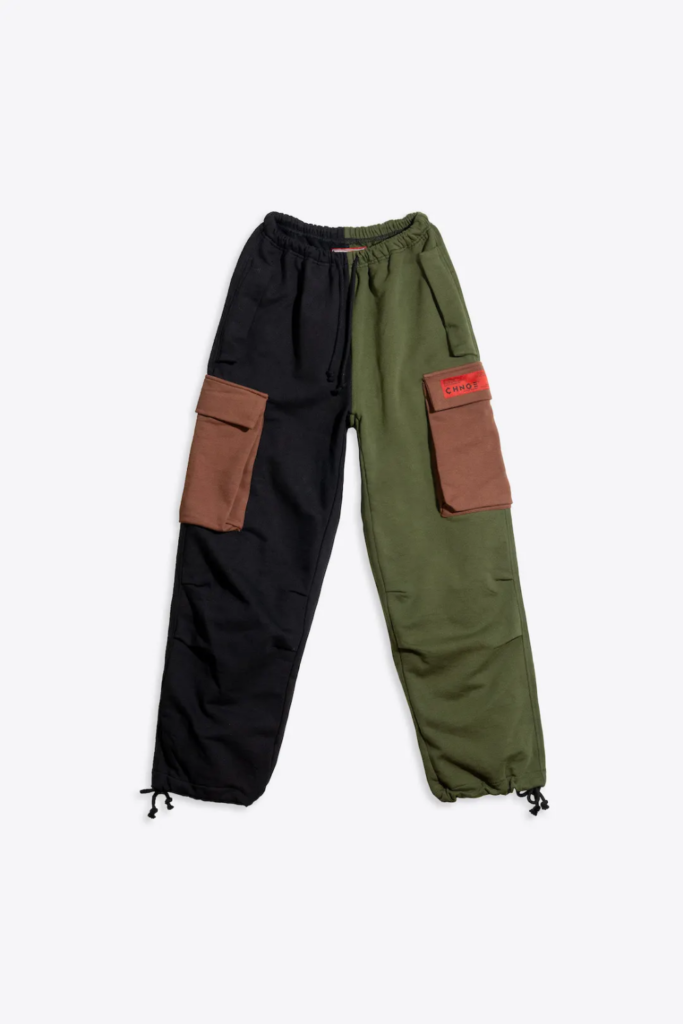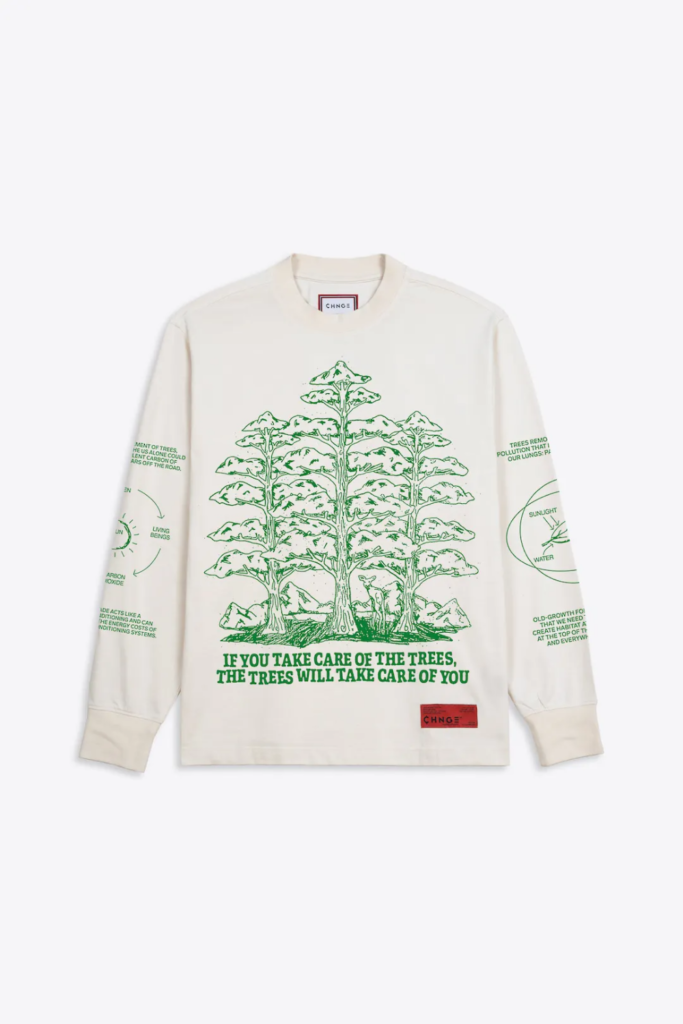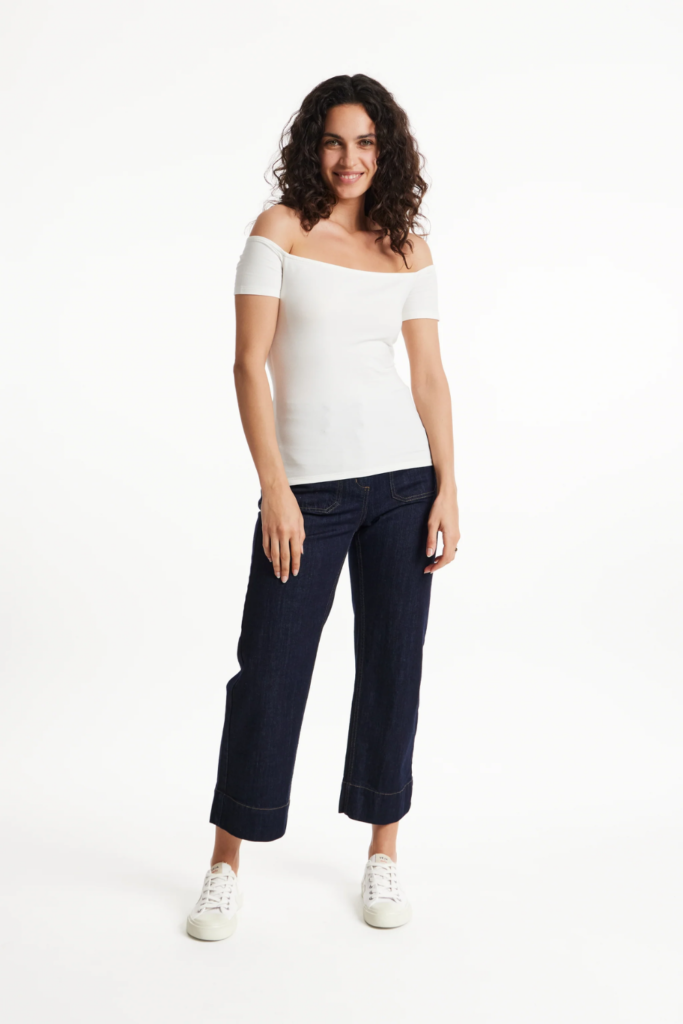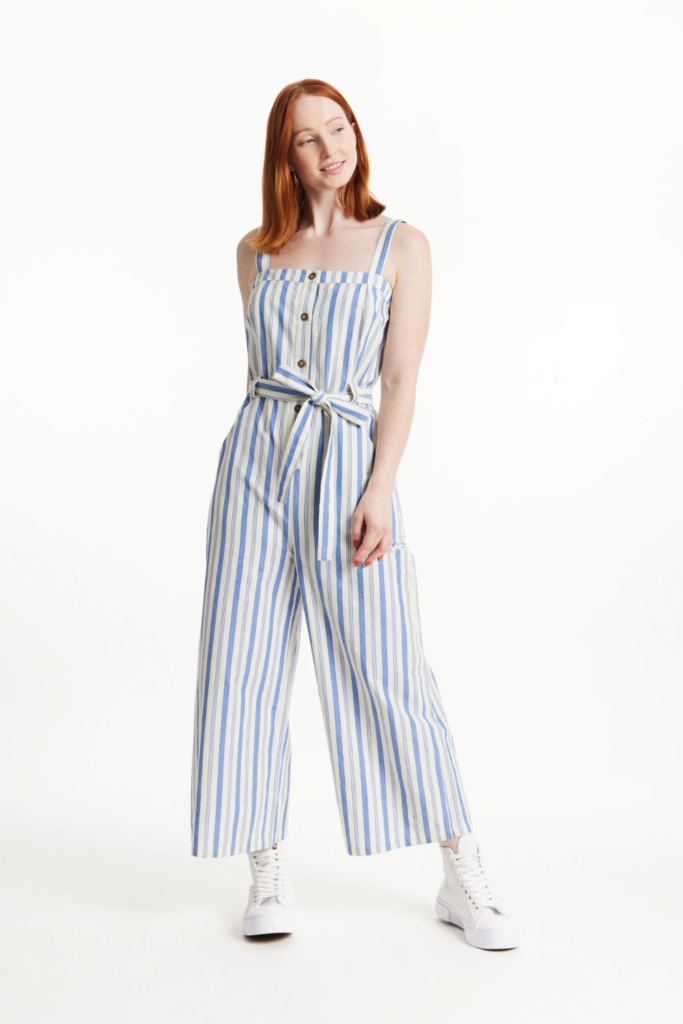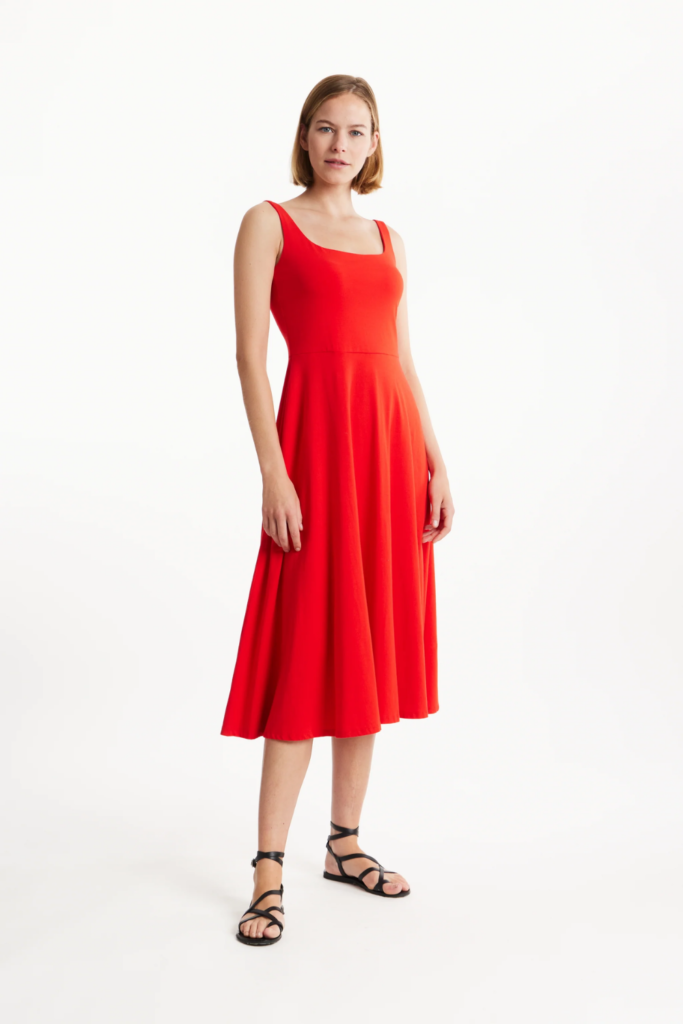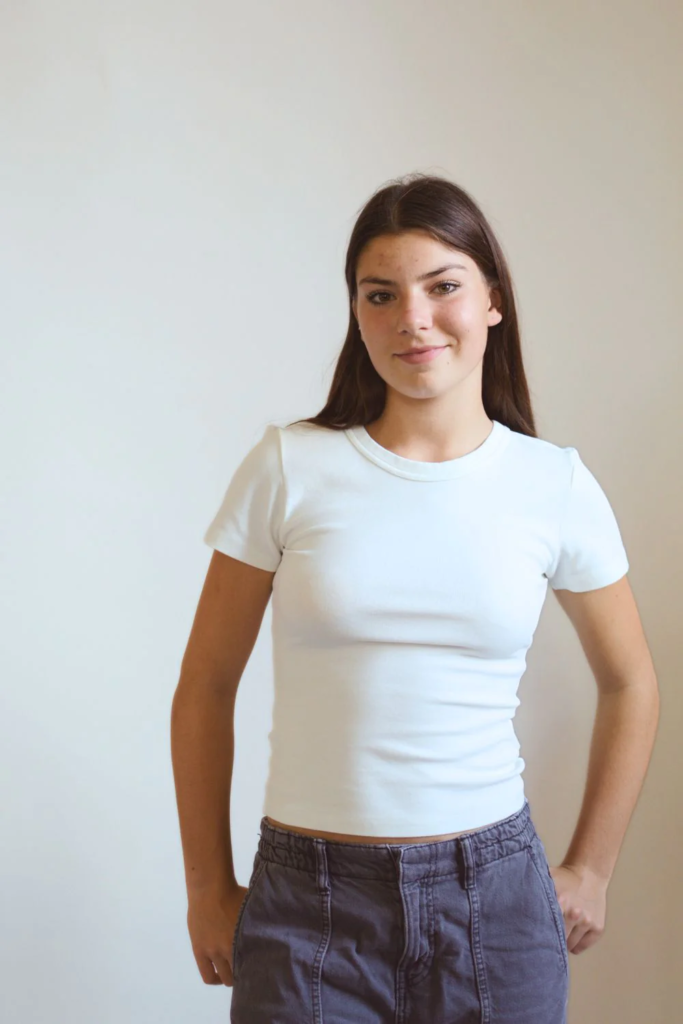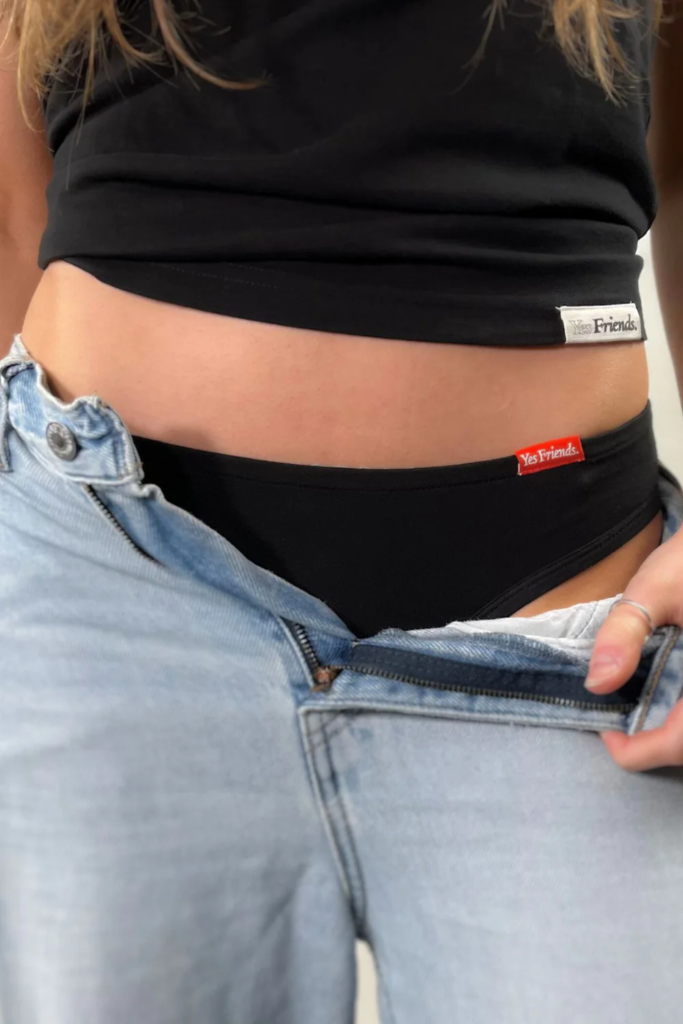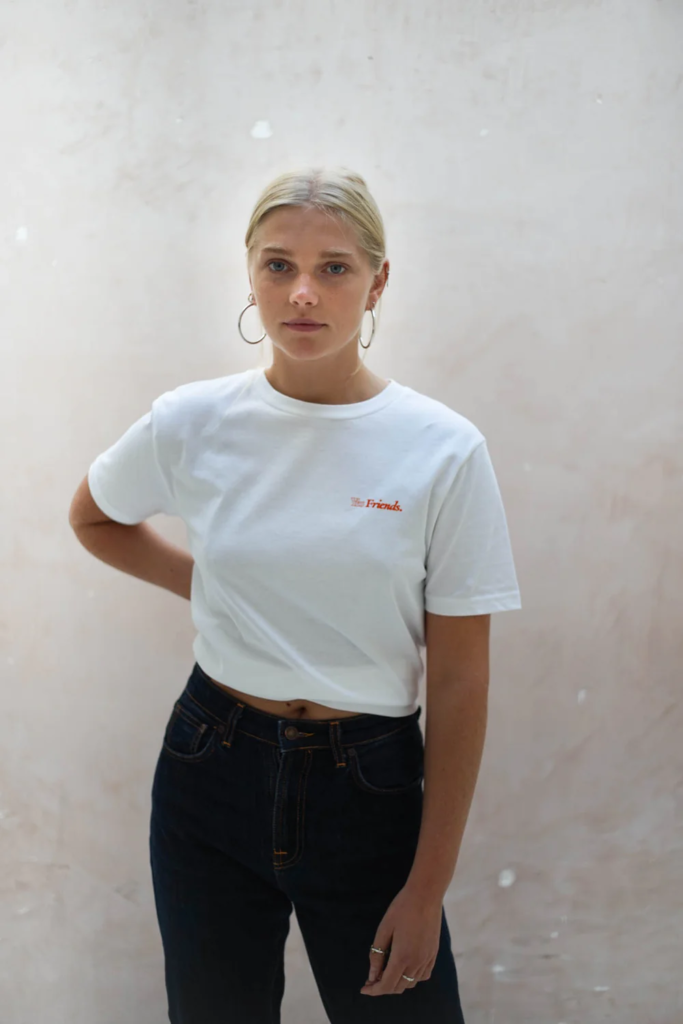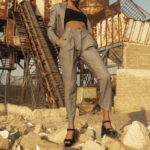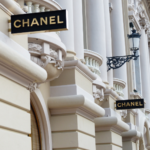In an era where environmental concerns are taking center stage, sustainable fashion is no longer a mere trend; it’s a necessity. Despite this, a common concern lingers in the minds of many: sustainable fashion is expensive.
Often, people gravitate towards fast fashion brands due to their low prices and enticing deals. Yet, these brands are destructive and have severe environmental and ethical consequences. Therefore, it is essential to shift towards sustainable fashion brands. The question then is: where can you find affordable, sustainable clothing?
In this blog post, I’ll introduce you to four sustainable, affordable fashion brands.
HOWEVER, it is essential to note that the price tags of these brands won’t match those at Zara or Shein. Sustainability comes with a cost, as it prioritizes fair treatment of workers and eco-friendly materials. Nevertheless, these brands offer stylish, high-quality clothing, providing an excellent alternative.
nu-in
In 2019, the friend group of Mike Mikkelborg, Sefanie Giesinger, Marcus Butler, and Poppy Warwicker-Le Breton founded the fashion brand nu-in. This Swedish fashion brand has taken the concept of circularity to a new level.
nu-in firmly believes that the future of fashion lies in circularity. This commitment is evident from their material choices. The brand opts for jersey fabric made exclusively from textile waste. Moreover, they use recycled cutting waste and dead stock to create their garments.
The nu-in website offers a comprehensive breakdown of their unique process. Textile waste is meticulously collected at their factory in Portugal, sorted by color and fabric, and then transformed into fibers. These fibers are subsequently spun into new yarn, which, in turn, is used to craft innovative fabrics. When a nu-in garment reaches the end of its life, it can be sent back to the factory, kick-starting the entire process all over again. Making it a closed loop and, therefore, circular.
Achieving complete circularity means implementing a circular approach into every part of the brand. Collaborating closely with their factory, nu-in’s goal is to incorporate 100% recycled, responsible fabrics in 50% of their SS23 collection, 80% of their AW23 collection, and, by SS24, achieve a remarkable milestone by having their entire product range consist of recycled materials from the factory. In addition, nu-in is also committed to achieving 100% recycled or sustainably sourced materials by 2024, exclusively employing reusable, recyclable, or compostable packaging, introducing a customer take-back system by 2024, and launching nu-in Market, where customers can trade second-hand clothes, by 2025.
The brand is not content with the status quo. They continually explore novel circular materials and yarns, aiming to become a fully circular brand. nu-in prides itself on utilizing various sustainable materials in its garments, including organic cotton, recycled cotton, recycled polyester, ECOTEC® cotton, EcoVero viscose, and recycled polyamide. Let’s delve a bit deeper into the last three materials:
ECOTEC® Cotton: This fabric is ingeniously created from the production waste of weaving and knitting processes and is exclusive to Marchi & Fildi.
EcoVero Viscose: It’s essentially the sustainable counterpart of viscose, produced from dissolved tree pulp. The production process generates no harmful byproducts and is entirely non-toxic.
Recycled Polyamide: This remarkable material originates from discarded carpets, old fishing nets, and manufacturing waste. It can also be crafted from pre-consumer waste.
In addition to these sustainable materials, nu-in has a list of materials they will never use in their products, such as conventional cotton, leather, fur, PVC, and more.
In 2020, nu-in officially became a vegan brand after signing up with the famous animal protection charity PETA.
The brand collaborates with four factories, most of which are in Portugal. These partnerships are built on a foundation of trust and responsibility. nu-in upholds workers’ rights and has a formal statement to underscore their commitment to ethical production practices.
nu-in has a wide range of stylish, affordable clothes. The prices vary, but most items are less than 50 euros.
On Good On You, nu-in has a rating of “good”.
If you want to see more of nu-in, please visit their website or take a look at their Instagram (@nuinfashion).
CHNGE
Fueled by the success of his earlier brand Ivory Ella, Jacob Castaldi founded the sustainable streetwear brand CHNGE.
CHNGE‘s dedication to minimizing its environmental impact is evident in its practices. Their products are GOTS-certified, adhering to the stringent Global Organic Textile Standard. This ensures the protection of workers and the environment, requiring at least 95% certified organic fibers in their products.
In their mill facility, 95% of the water used in the dyeing process is recycled, while the remaining by-product is put to good use in cement production. Furthermore, they source 80% of the energy for their sewing facility from renewable resources, earning it a Platinum-level certification for energy efficiency by the India Green Building Council. This commitment to eco-friendly production extends to their dyeing and printing processes, certified to OEKO-TEX Standard 100 and the GOTS standard, ensuring their products are free of harmful substances.
CHNGE is Climate Neutral Certified, and they go the extra mile to measure and offset their carbon emissions from their entire supply chain, including factory production, shipping, and their internal team’s footprint. As they continue to grow, they’re dedicated to offsetting emissions and actively working towards net-zero emissions. Their plans include promoting a pre-order model, innovative packaging solutions, and strategies to reduce emissions from shipping.
Their use of GOTS-certified dyes and materials for products ensures that no toxic substances are used in production. CHNGE‘s commitment to using ethical and eco-friendly materials aligns with the GOTS certification, which also mandates minimum requirements for workers’ rights and safety within the supply chain.
CHNGE’s commitment to ethical fashion is found in their collaboration with the garment workers. Their products are produced at a Fairtrade Factory, where they guarantee no forced labor, safe working conditions, fair wages, and the right for workers to form trade unions and collectively bargain. The factory pays a living wage, covering necessities and allowing workers to support their families and save for the future. Meals are provided for the workers, and they have access to medical care onsite. Workers are also compensated fairly for voluntary overtime, with double their hourly rate, emphasizing their commitment to employee welfare.
As mentioned, CHNGE is a streetwear brand offering a range of apparel, including oversized sweaters, cargo pants, and trendy graphic tees adorned with captivating images and engaging text.
On Good On You, CHNGE is rated as “good”.
Interested in CHNGE? Take a look at their website or Instagram (@chnge).
People Tree
Founded in 1991 by Safia Minney, People Tree was a pioneer in the field of Fair Trade and sustainable fashion.
People Tree was the first fashion company to be awarded the World Fair Trade Organization product label, which guarantees the company’s dedication and compliance with fair trade principles. These principles cover fair wages, good working conditions, transparency, environmental practices, and gender equality.
One of the cornerstones of People Tree‘s philosophy is their commitment to sustainable materials. They use organic cotton in their garments, grown without harmful pesticides and chemicals, making it a more eco-friendly choice. Moreover, People Tree is passionate about using eco-friendly materials such as Tencel, a fabric made from sustainably sourced wood pulp, and recycled materials. This commitment to sustainable sourcing ensures that every piece of clothing they create has a minimal impact on the environment.
In addition, on their website, People Tree has a page dedicated to responsible wool. Here, they explain how and why they use sheep’s wool. The three reasons why the brand uses wool are because it is natural, biodegradable, and sustainable because it regrows every year and can be removed from a sheep without any harm to the animal.
People Tree is a brand that believes in the importance of transparency. On their website, you can find all the producers they are working with, showcasing the faces and stories of the artisans behind their products. This transparency lets consumers connect with the people who craft their clothes and highlights the brand’s commitment to fair wages and working conditions.
Moreover, People Tree actively contributes to the development of communities in which they work. Through partnerships with Fair Trade producers, they empower local artisans, particularly women, and support various social and environmental initiatives.
People Tree has a wide range of items. Some of the items are on the pricier side, but you will be able to find many items under 40 euros.
People Tree receives the highest rating on Good On You, “Great”.
Interested in People Tree? Please visit their website or take a look at their Instagram (@peopletreeuk).
Yes Friends
Yes Friends was founded by Sam Mabley, who, until 2021, operated a sustainable clothing store in Bristol. His time in the store afforded him invaluable insights and expertise concerning the fashion industry’s intricate supply chain. With a determination to make affordable, ethical, and sustainable clothing widely accessible, Sam, along with a group of like-minded friends, embarked on the journey to establish “Yes Friends.”
Yes Friends uses organic cotton. Their organic cotton primarily relies on rain-fed irrigation, reducing the water demand. Most of their organic cotton is grown, spun, knitted, cut, and sewn in India, minimizing carbon miles. They avoid using pesticides and toxic chemicals, ensuring the well-being of the soil, farmers, and the wearers of their clothing.
While all their cotton is organic, some of Yes Friends‘ range is also Fairtrade certified. They’re actively working towards sourcing 100% Fairtrade-certified cotton. Fairtrade certification guarantees that cotton farmers receive the Fairtrade Minimum Price and the Fairtrade Premium, further improving workers’ and farmers’ social, economic, and environmental conditions.
Yes Friends prioritizes recycled fabrics whenever they aren’t using organic cotton, giving waste a new lease on life. Additionally, offcuts and waste materials from hoodie production processes are recycled to create other garments. This commitment to minimizing waste underscores their dedication to eco-friendly practices.
Many Yes Friends‘ partner factories operate on solar energy, reducing carbon emissions during production. Their primary factory in India harnesses 50-60% of its energy from solar power and the remainder from non-polluting natural gas. They even have an extensive battery system to ensure minimal reliance on polluting diesel generators during power cuts.
Their primary factory in India is water-positive, ensuring that 100% of the water used is processed and recycled through advanced methods. They have a rainwater harvesting system to recharge groundwater, further conserving water resources.
In addition, Yes Friends works with various industry-leading certifications to ensure their ethical credentials. Their suppliers collaborate with organizations like Fairtrade Cotton, Fair Trade USA, Global Organic Textile Standard (GOTS), Fair Wear Foundation, Business Social Compliance Initiative (BSCI), and Worldwide Responsible Accredited Production (WRAP) to uphold their ethical standards.
Yes Friends takes their commitment to the environment beyond production. They use compostable and biodegradable bags made from corn to protect your clothing. Their packaging materials are carbon-neutral and can be recycled with other soft plastics.
Yes Friends intentionally maintains a modest collection, aligning perfectly with their vision and mission. However, this doesn’t compromise their appeal, as they provide a diverse range of essential wardrobe staples. What’s truly remarkable is that these sustainable basics come at prices comparable to those of fast fashion brands!
Like People Tree, Yes Friends also proudly holds the coveted “Great” rating on Good On You. Yet, in all my extensive research into sustainable fashion brands and assessments on Good On You, I’ve never encountered a brand that consistently ranks the highest across all categories – Planet, People, and Animals. Yes Friends is an example for all fashion brands showing that sustainable fashion can be affordable.
Please check their website or visit their Instagram (@yesfriendsbrand).
Sources
All pictures contain a link to their source, and all credits go to the rightful owners.
You can find the source for the header pictures here.
